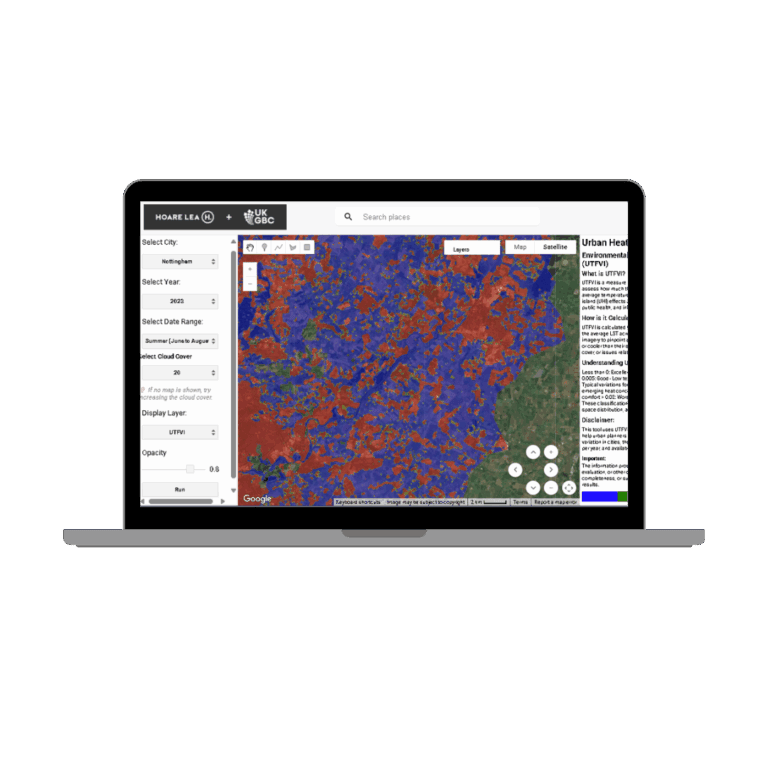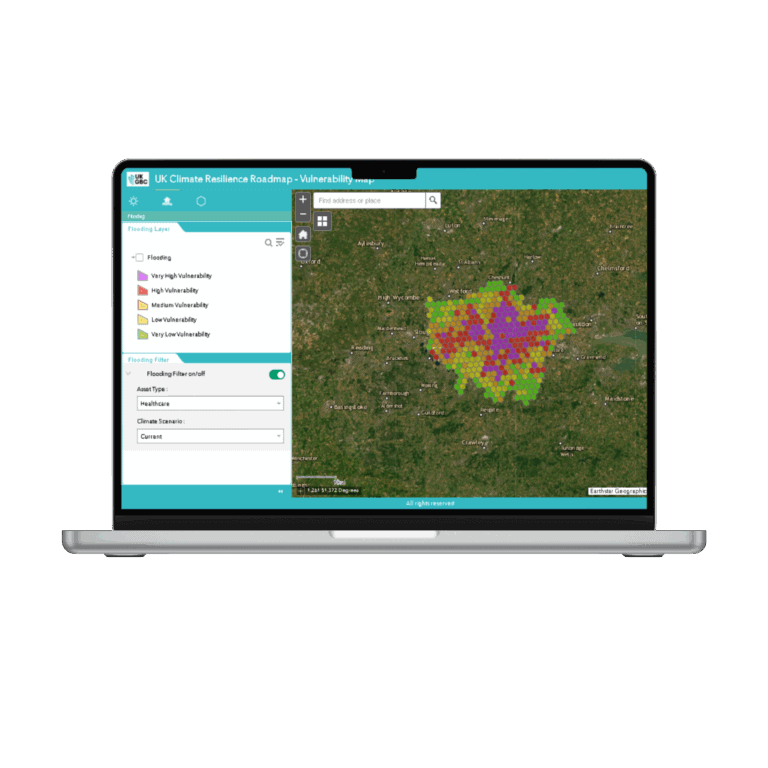Cost & Carbon Estimating

Problem Addressed
Sterling DCS’s product directly addresses the dual challenge of cost efficiency and carbon reduction in the construction industry, which has historically struggled to balance financial imperatives with environmental responsibility. Traditional construction practices often overlook the long-term environmental impact of projects, leading to excessive carbon emissions and resource wastage. By integrating advanced carbon estimation and management tools into their preconstruction solution, they empower stakeholders to make informed decisions that consider both cost and carbon implications from the outset. This proactive approach not only helps reduce the carbon footprint of individual projects but also promotes a broader shift towards sustainable construction practices across the industry. Their aim is to enable the construction sector to meet its sustainability targets without compromising on financial viability.
Case Study
Rapid DCS has been implemented on a range of projects, including for the following asset types:
- Small Housing Development – Kent Contractor
- Bridge – Tier 1 Contractor
- Hospital – Tier 1 Contractor
- Residential Block Refit – Essex Contractor
Related
Paradise 11

Urban Heat Island Web Map

GIS Vulnerability Web Map

UKGBC campaigns to secure Warm Homes Plan funding

